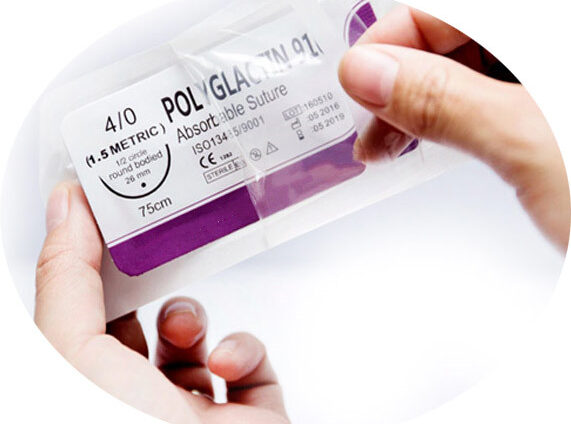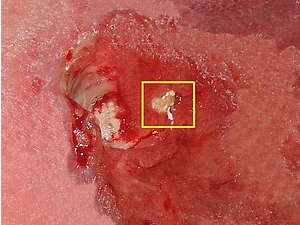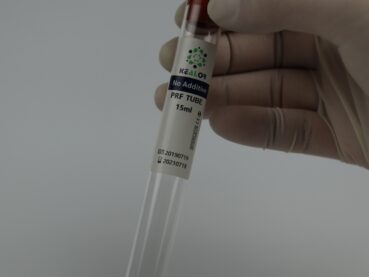Introduction to Surgical Sutures
Surgical sutures are a fundamental component in wound closure and healing. This article explores their crucial role in surgeries and wound management.
The Evolution of Surgical Sutures
Tracing the history of surgical sutures reveals their evolution from crude materials to sophisticated, specialized threads. We delve into this fascinating journey.
Types of Surgical Sutures
Surgical sutures vary in material and design. We discuss the various types available, each tailored for specific surgical needs.
Selecting the Right Suture
Choosing the correct suture is vital for successful wound healing. We outline the criteria for selecting the most appropriate suture type.
The Science Behind Suture Materials
Different materials offer distinct properties. This section explores the science behind various suture materials and their applications in surgery.
Absorbable vs Non-Absorbable Sutures
Understanding the differences between absorbable and non-absorbable sutures is key. We compare their uses and how they interact with the body.
Suture Techniques and Patterns
Suture techniques and patterns are as diverse as the surgeries they support. We examine common techniques and their specific applications.
The Importance of Suture Technique
The technique of suturing affects wound healing and scar formation. Here, we highlight why mastering suture techniques is essential.
Complications and Risk Management
Sutures, like any medical intervention, carry risks. We discuss potential complications and how to manage them effectively.
Postoperative Suture Care
Proper suture care post-surgery is crucial for optimal healing. We provide guidelines for effective postoperative suture care.
Innovations in Surgical Sutures
The field of surgical sutures is constantly evolving. We explore the latest innovations and what they mean for future surgical practices.
Biodegradable and Smart Sutures
Emerging suture materials like biodegradable and smart sutures offer exciting possibilities. We delve into these advancements and their potential impact.
The Role of Sutures in Modern Surgery
Sutures play an indispensable role in modern surgery. We discuss their significance in ensuring successful surgical outcomes and patient recovery.
Conclusion
In summary, surgical sutures are a pivotal element in modern medicine, evolving continually to enhance surgical outcomes and patient healing.
FAQs
🗒️ Answer
- What are surgical sutures, and why are they important? Surgical sutures are medical devices used to close wounds or surgical incisions. They are crucial because they hold tissues together to properly heal after surgery or injury, thereby reducing the risk of infection and ensuring the aesthetic appearance of the healed area.
- How have surgical sutures evolved over time? The evolution of surgical sutures has been significant, from the early use of natural materials like animal gut and silk to the development of synthetic materials in the 20th century. Advances in sterilization, suture strength, and the development of absorbable sutures have greatly improved surgical outcomes and patient comfor.
- What are the different types of sutures and their applications? There are two main types of sutures: absorbable, which naturally degrade in the body over time, and non-absorbable, which may either remain in the body or be removed after a certain period. Absorbable sutures are used for internal tissues, while non-absorbable sutures are often used for skin closure. Different materials and suture sizes are chosen based on the tissue type and the required strength and flexibilit.
- What are the common risks associated with surgical sutures? Common risks include infection, allergic reactions to suture materials, and scarring. In some cases, sutures might not hold the tissue adequately, leading to wound dehiscence. Proper technique and postoperative care are essential to minimize these risk.
- How are new technologies shaping the future of surgical sutures? Emerging technologies in surgical sutures focus on enhancing healing, reducing infection risks, and improving biocompatibility. Innovations like drug-eluting sutures, smart sutures with monitoring capabilities, and biodegradable materials that promote tissue regeneration are at the forefront of modern surgical advancements, paving the way for improved patient outcomes and reduced post-surgical complication.








